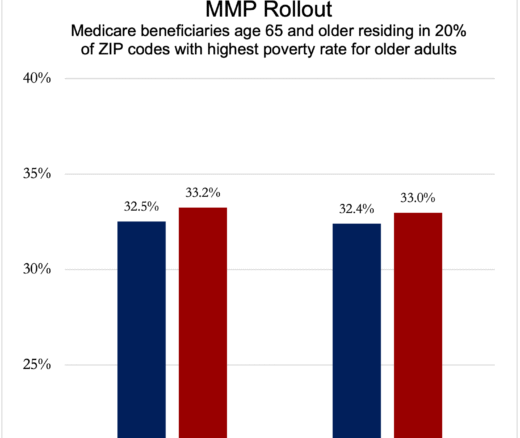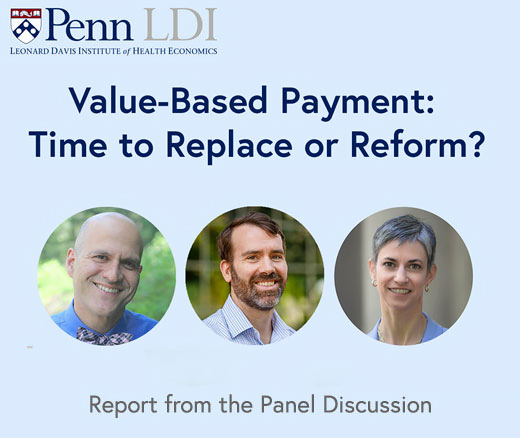
Black Older Adults With Cancer Are Far Less Likely to Get Any Care
New Study From LDI and MD Anderson Finds That Black and Low-Income, Dually Eligible Medicare Patients Are Among the Most Neglected in Cancer Care
News

Connie Ulrich, PhD, RN, an LDI Senior Fellow and Professor at the University of Pennsylvania School of Nursing has received the Friends of the National Institute of Nursing Research’s (FNINR) 2024 Welch/Woerner Path-Paver Award for “career excellence and advances in bioethics.”
The annual honor recognizes mid-to-late career nurse scientists who have achieved one or more breakthroughs in theory development, research, methods, instruments, or subject matter that has paved the way for other scientists and who has influenced and mentored the next generation of nurse researchers. The award was presented at the October 30 FNINR annual meeting in Washington, D.C.
Founded in 1993, the FNINR is an independent, non-profit organization that supports the work of the National Institute of Nursing Research (NINR), which is one of 27 institutes of the National Institutes of Health (NIH).
Ulrich is the Lillian S. Brunner Chair in Medical and Surgical Nursing at the School of Nursing and holds a secondary appointment as a Professor of Medical Ethics and Health Policy at the Perelman School of Medicine.
After completing her PhD in Nursing Ethics at the University of Maryland, Ulrich was the first nurse ever accepted into the postdoctoral training program in the National Institutes of Health’s Department of Bioethics. When she joined the Penn Nursing faculty and was appointed Senior Fellow at the Center for Bioethics at the University of Pennsylvania School of Medicine in 2003, she became the first nurse bioethicist at the university.
Four of her major areas of research at Penn have focused on understanding the factors that influence the retention of cancer clinical trial participants; the study of the links between nurses’ moral distress and moral injury and patient outcomes; the development of frameworks and measures to uncover and test the impact that ethical issues have on health care providers, researchers, and patients; and the development of health care bioethics educational infrastructure in Tanzania.

New Study From LDI and MD Anderson Finds That Black and Low-Income, Dually Eligible Medicare Patients Are Among the Most Neglected in Cancer Care

Her Transitional Care Model Shows How Nurse-Led Care Can Keep Older Adults Out of the Hospital and Change Care Worldwide

Chart of the Day: Medicare-Medicaid Plans—Created to Streamline Care for Dually Eligible Individuals—Failed to Increase Medicaid Participation in High-Poverty Communities

Penn LDI Debates the Pros and Cons of Payment Reform

Direct-to-Consumer Alzheimer’s Tests Risk False Positives, Privacy Breaches, and Discrimination, LDI Fellow Warns, While Lacking Strong Accuracy and Much More

One of the Authors, Penn’s Kevin B. Johnson, Explains the Principles It Sets Out